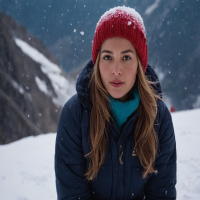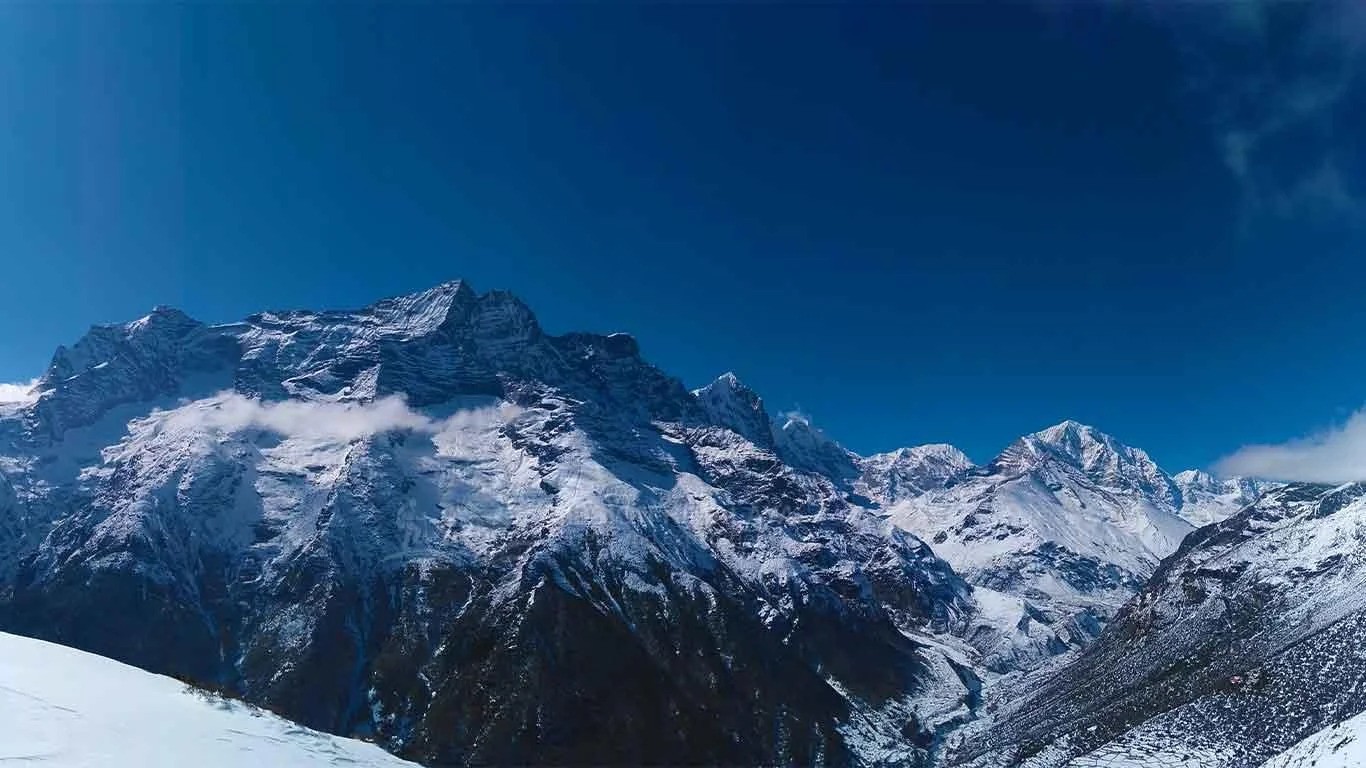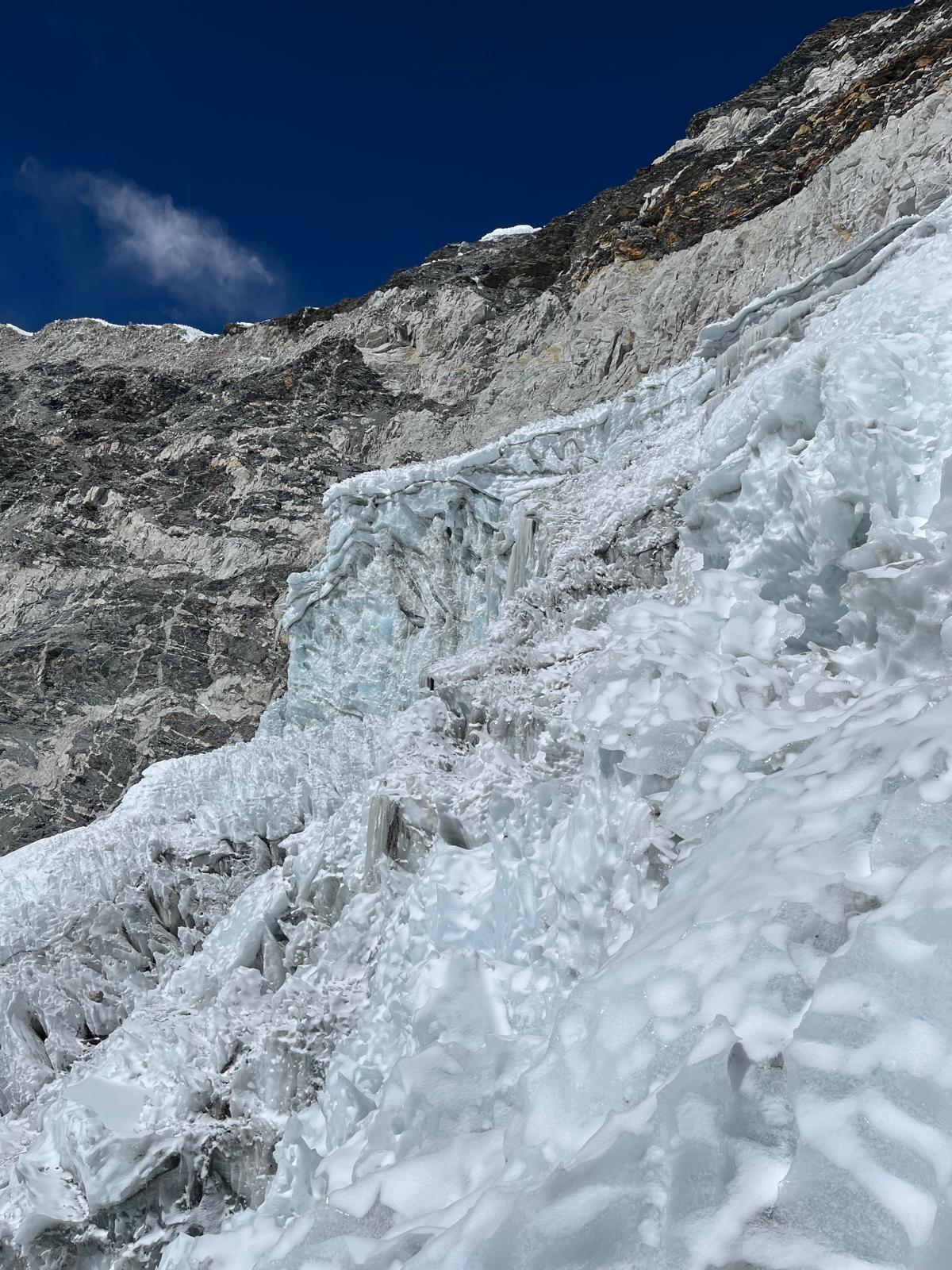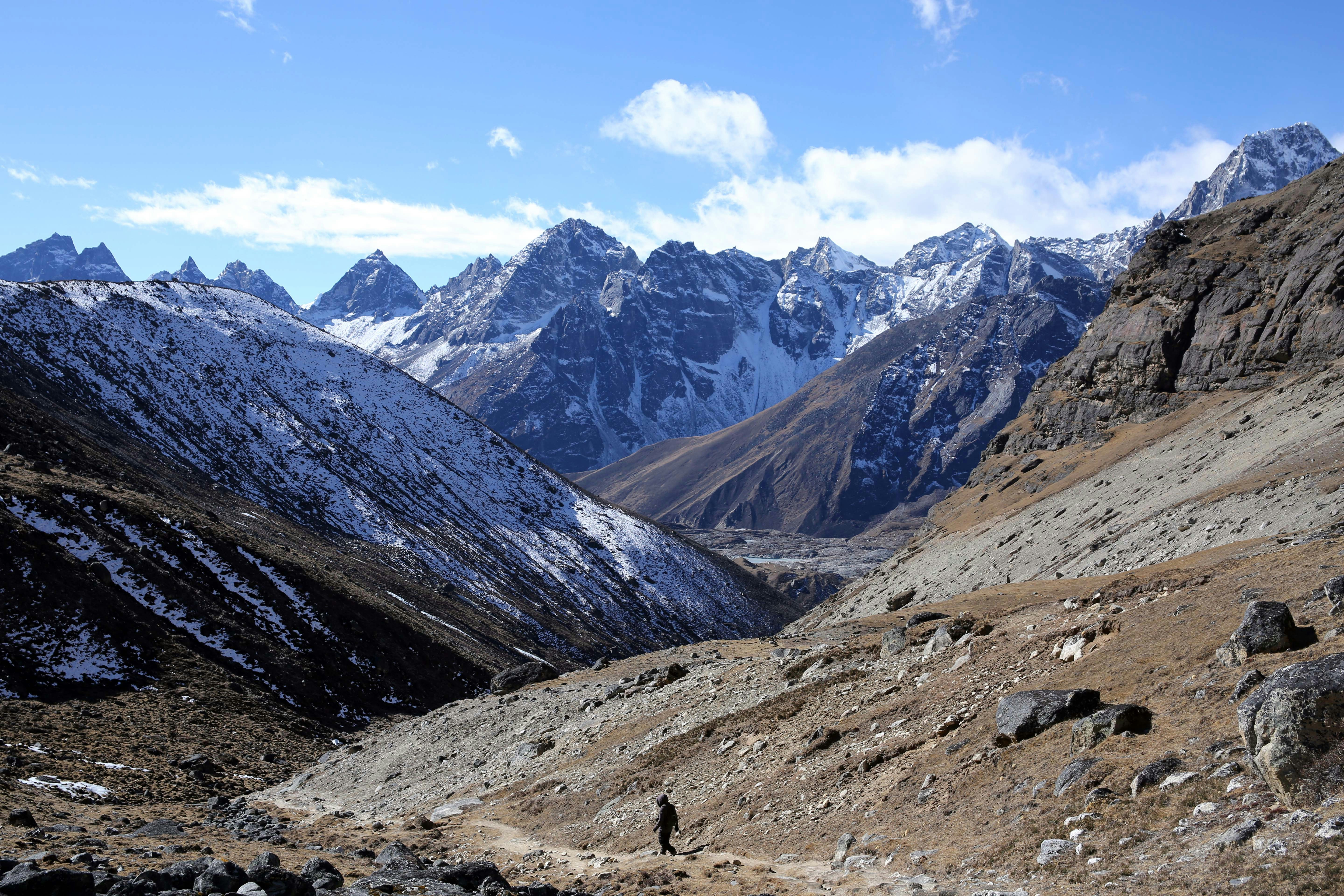Island Peak Climbing Altitude: What You Need to Know
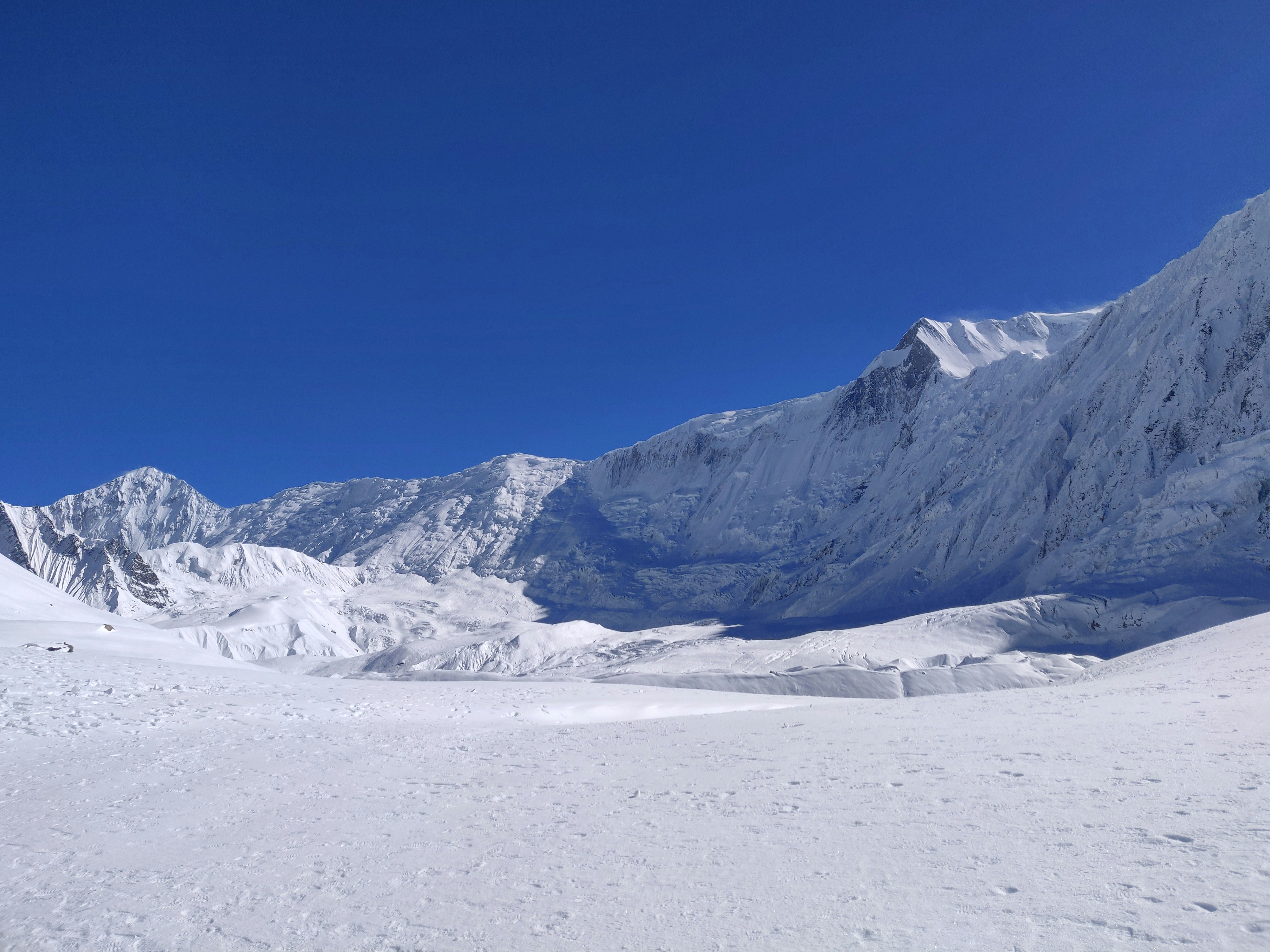
Strong 8k brings an ultra-HD IPTV experience to your living room and your pocket.
Island Peak climbing altitude is one of the most important things to understand before starting the journey. Island Peak, also known as Imja Tse, stands at 6,189 meters above sea level. It is a popular trekking peak in Nepal and is often the first Himalayan summit for beginner climbers. Reaching this height is not easy and requires proper preparation. Knowing how altitude affects your body and what to expect at different stages can help you have a safe and successful climb.
Starting Point: Lukla to Chhukung
The trek to Island Peak begins with a flight from Kathmandu to Lukla. Lukla is located at 2,860 meters. From there, the trail leads through several Sherpa villages such as Phakding and Namche Bazaar. Namche is at 3,440 meters and is a good place to rest and get used to the higher elevation.
After Namche, the trail continues to Tengboche, Dingboche, and then to Chhukung. Chhukung sits at 4,730 meters. This is where most climbers take extra time to acclimatize. The air gets thinner, and walking becomes more difficult. It is important to move slowly and stay hydrated.
Island Peak Base Camp: 5,100 Meters
Island Peak Base Camp is set at around 5,100 meters. The campsite is on a rocky and open space with views of surrounding mountains. At this altitude, oxygen levels are much lower than at sea level. Climbers may feel symptoms such as headaches, tiredness, and shortness of breath. Most teams spend one or two nights here to allow the body to adapt before the summit attempt.
Some climbers choose to set up a High Camp at around 5,600 meters. This can make the summit day shorter but also means sleeping at a higher and colder elevation. Whether you stay at Base Camp or High Camp, proper rest and nutrition are key.
The Summit: 6,189 Meters
The Island Peak climbing altitude reaches its highest point at 6,189 meters. This is where the real challenge begins. The climb from Base Camp to the summit usually starts around midnight. The first part involves hiking on rocky paths and crossing a glacier. After that, climbers reach a steep ice wall. Ropes and climbing gear are used to ascend this section safely.
The final stretch is a narrow ridge leading to the summit. The views from the top are breathtaking. You can see peaks like Lhotse, Makalu, Baruntse, and Ama Dablam. The feeling of standing above 6,000 meters is both rewarding and unforgettable.
How Altitude Affects the Body
As you climb higher, your body gets less oxygen. This can lead to altitude sickness. Common symptoms include headaches, dizziness, and trouble sleeping. To avoid this, you need to take your time, drink plenty of water, and avoid rushing. Most guides follow the rule of "climb high, sleep low" to help with acclimatization.
Acclimatization Is the Key to Success
Acclimatization means letting your body adjust to the changing altitude. This is the most important part of any high-altitude climb. Good itineraries include rest days and side hikes. For Island Peak, spending time in Chhukung or climbing nearby hills like Chhukung Ri can help prepare your body.
Conclusion
Island Peak climbing altitude presents a serious but rewarding challenge. The journey takes you from 2,860 meters in Lukla to 6,189 meters at the summit. To complete this climb safely, it is important to understand how altitude affects your body, take time to acclimatize, and follow the advice of experienced guides. With the right preparation, Island Peak is a goal that many trekkers and climbers can achieve.
Note: IndiBlogHub features both user-submitted and editorial content. We do not verify third-party contributions. Read our Disclaimer and Privacy Policyfor details.

